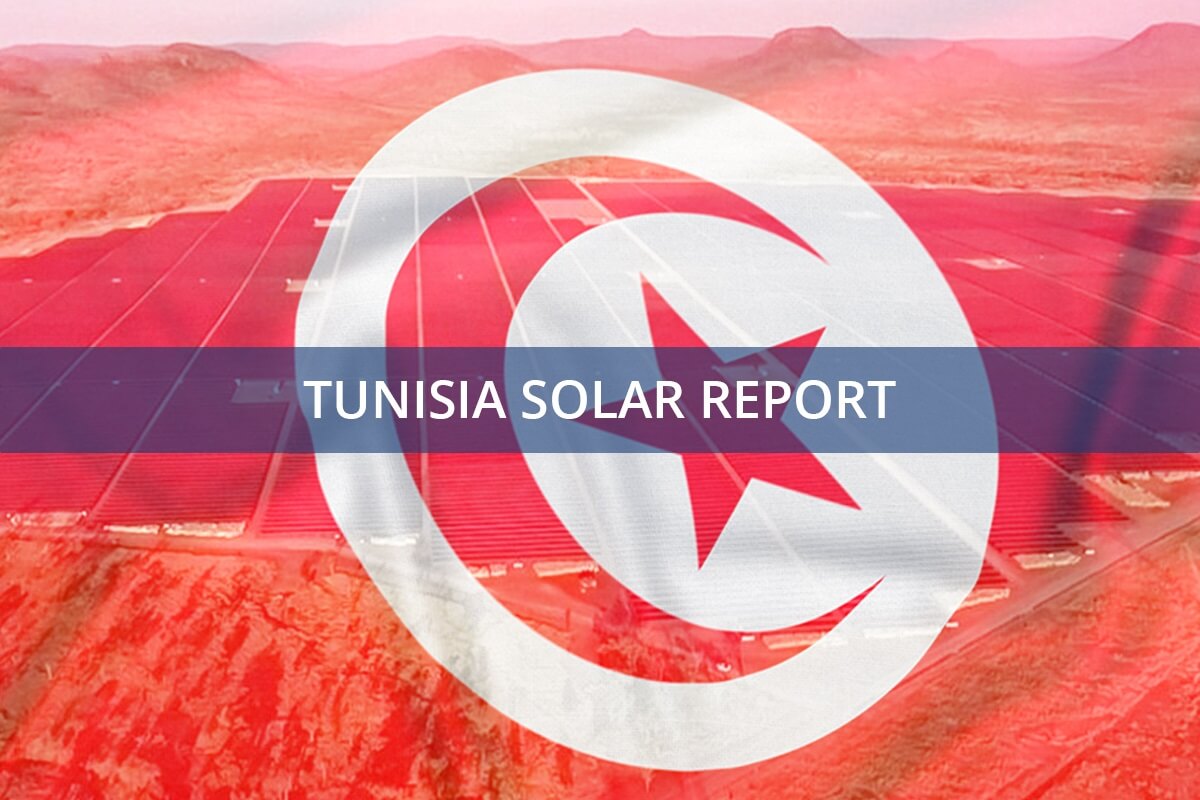Tunisia has awarded contracts for 500 MW of solar power in the first phase of its tender for 1 GW of capacity. The winners include AMEA Power, Scatec, TBEA, and TBEA Xinjiang New Energy Co. Ltd. These projects, located in Tozeur, Sidi Bouzid, and Tataouine, mark a significant step in Tunisia’s ambitious renewable energy strategy. You can read more about this development at PV KnowHow.
Second Phase of the Tunisia Solar Tender
Tunisia’s Ministry of Industry, Mines and Energy launched the second phase of the tenders in July, seeking an additional 500 MW of solar power. This phase focuses on four projects, each with a 125 MW capacity, strategically situated in Gafsa, Gabes, Nabeul, and Kairouan. A key feature of this phase is the inclusion of battery storage options, enhancing grid stability and reliability. Developers, who will sign 20-year power purchase agreements (PPAs), are mandated to incorporate at least 40% local content in the projects, bolstering Tunisian industry and job creation. The deadline for bids is November 11.
REDD and IFC Support for the Tunisia Solar Tender
These tenders are integral to Tunisia’s Renewable Energy Development and Deployment (REDD) initiative, a comprehensive plan to achieve 4 GW of renewable energy capacity by 2030. The International Finance Corporation (IFC) plays a crucial role in supporting the REDD initiative, providing expertise in structuring the tenders and attracting private investment. This collaboration is vital for overcoming historical challenges in securing funding for Tunisia’s energy sector. The IFC has also provided a $100 million loan to Société Tunisienne de l’Electricité et du Gaz (STEG), Tunisia’s state-owned utility, to finance necessary grid upgrades for seamless integration of the new solar capacity.
Tunisia’s Solar Energy Goals and the Tunisia Solar Tender
Tunisia aims to significantly increase its renewable energy share in electricity generation to 30% by 2030, a substantial leap from the 6% recorded in 2022. The country enjoys abundant solar resources, with over 3,000 hours of sunshine annually and vast tracts of arid land ideal for large-scale solar farms. While Tunisia holds immense solar potential, it has historically encountered obstacles in attracting private investment due to regulatory and financial hurdles. The REDD initiative, coupled with IFC support, is designed to address these challenges and accelerate the growth of solar power in Tunisia. Despite setbacks like the cancellation of the U.S. “Solar for All” program (PV KnowHow), Tunisia’s commitment to solar energy remains strong.

